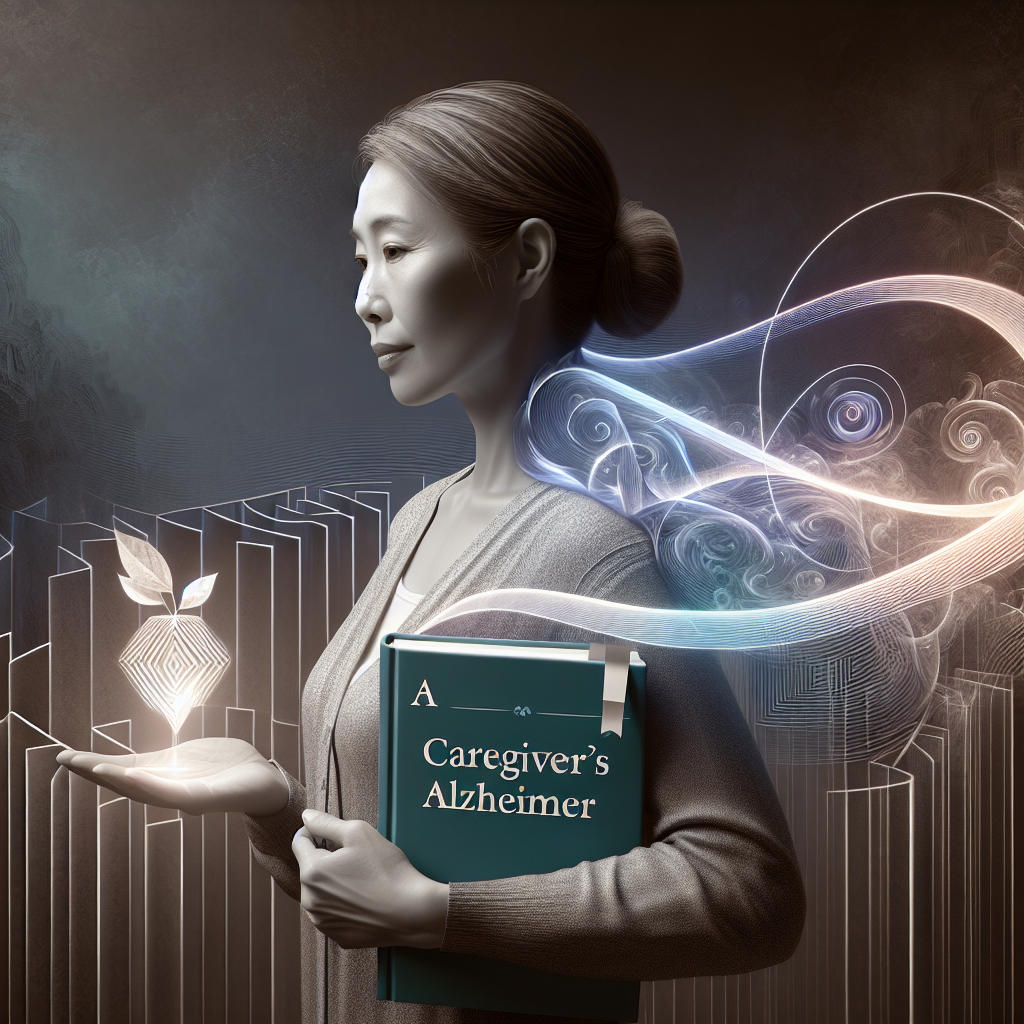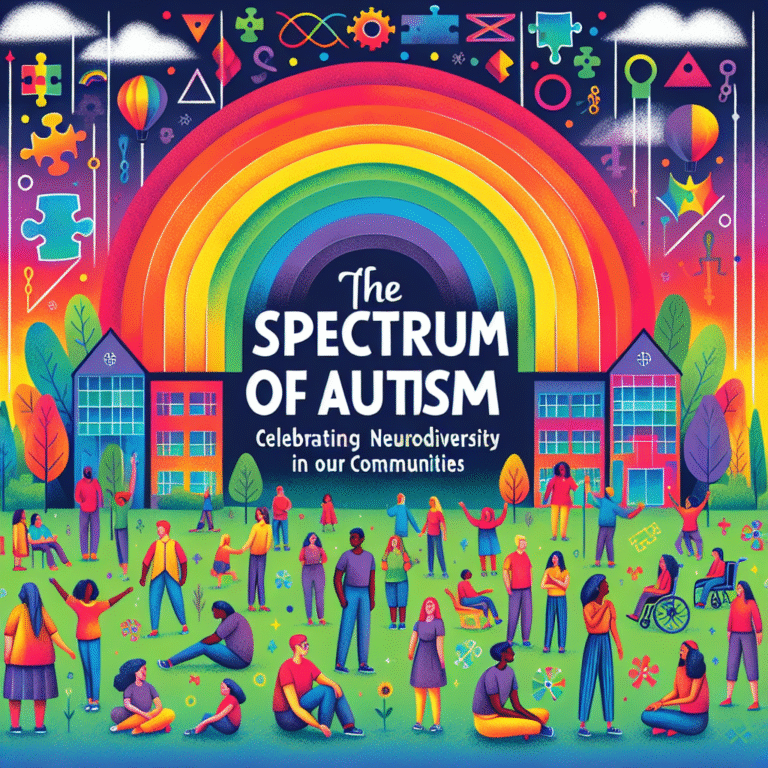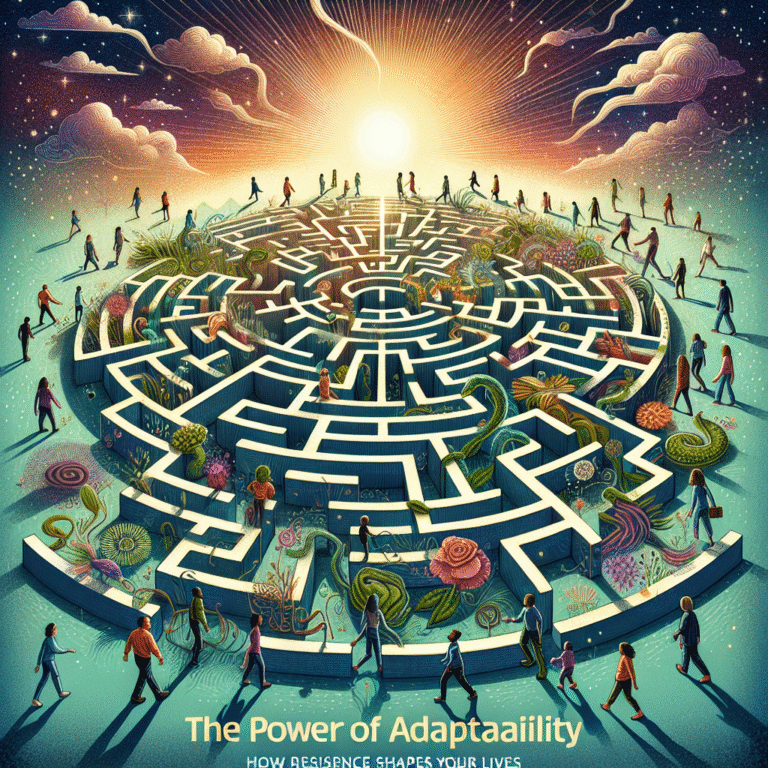
Introduction
Caring for someone with Alzheimer’s can be one of the most challenging yet profoundly important roles one can undertake. As our population ages, the prevalence of Alzheimer’s disease continues to rise, affecting millions of individuals and their families. This A Caregiver’s Guide to Alzheimer’s: Navigating the Challenges aims to provide practical insights, emotional support, and useful strategies that will help caregivers manage their responsibilities, foster connection, and navigate the complexities of this disease.
Imagine waking up every day with the knowledge that the person you have loved and known is slowly fading away. It’s heart-wrenching, but there is hope. As a caregiver, you are not alone. Each chapter of this guide will offer not just information, but inspiration and community, ensuring that you feel empowered to face the road ahead.
Understanding Alzheimer’s Disease
What is Alzheimer’s Disease?
Alzheimer’s disease is a progressive neurological disorder that impacts memory, thinking, and behavior. It is the most common cause of dementia, accounting for approximately 60-80% of cases. Over time, individuals may struggle to carry out everyday tasks and may become confused or lost in familiar settings.
Key Symptoms and Stages
Alzheimer’s is generally categorized into stages:
| Stage | Description | Major Symptoms |
|---|---|---|
| Early Stage | Mild mood changes and memory loss; still commute, work, drive | Confusion, difficulty planning, forgetfulness |
| Middle Stage | Increased memory loss; personal care help needed | Disorientation, difficulty recognizing family, changes in sleep patterns |
| Late Stage | Significant memory loss; cannot communicate well | Inability to respond to environment, physical decline |
Case Study: Mary and Her Journey
Mary, a 70-year-old vibrant woman, was diagnosed with early-stage Alzheimer’s. Initially, her family noticed small lapses in memory, like forgetting to pay bills. Slowly, she began repeating questions and losing items around the house. This was when her daughter, Sarah, stepped in as her primary caregiver.
Analysis
Mary’s case is illustrative of the early signs of Alzheimer’s. Sarah’s proactive approach demonstrates how early intervention can be beneficial in coping with the stages of this disease.
Practical Strategies for Caregivers
Establishing Communication
Effective communication can become complicated during the progression of Alzheimer’s. Here are various methods to ensure connection:
-
Use Simple Language: Speak in short, clear sentences. Avoid complex vocabulary that might confuse them.
-
Non-Verbal Cues: Body language, tone, and facial expressions can often communicate what words cannot.
- Be Patient: Allow extra time for responses during conversations.
Managing Daily Activities
Establishing a daily routine can create a sense of stability and comfort. Here are some tips:
- Create a Schedule: Having a predictable routine allows for familiarity.
- Involve Them: Encourage participation in simple tasks for a sense of purpose, like folding laundry or setting the table.
- Utilize Visual Aids: Use charts or pictures to remind the individual of daily activities.
Case Study: Tom’s Morning Routine
Tom, a middle-stage Alzheimer’s patient, struggled with daily personal hygiene. His caregiver, Linda, implemented a visual schedule in the bathroom that outlined each step, such as “Brush teeth,” “Wash face,” and “Comb hair.”
Analysis
Linda’s innovative use of a visual schedule made a world of difference for Tom, allowing him to maintain personal hygiene independently while bolstering his self-esteem.
Addressing Emotional and Psychological Challenges
Coping with Behavioral Changes
Behavioral issues can arise as Alzheimer’s progresses, leading to frustration for both caregivers and patients. Here are effective coping mechanisms:
-
Stay Calm: Often, reacting with anger or frustration can exacerbate the situation.
-
Redirecting Attention: If they become agitated, try changing the topic or activity.
- Understanding Triggers: Keep a diary to recognize patterns that lead to agitation or anxiety.
Case Study: Janet and Her Aggressive Behavior
Janet, who was in late-stage Alzheimer’s, was experiencing frequent moments of anger and aggression towards her son, Marcus. To manage this, Marcus learned to identify that Janet was much calmer after a morning nap, and he scheduled daily rest periods.
Analysis
Marcus’s adjustments show how careful observation can yield beneficial changes in caregiving strategies. Understanding a patient’s behavioral triggers helps improve the caregiving experience for both parties.
Legal and Financial Preparations
Planning Ahead
Navigating legal and financial matters is crucial for ensuring a smooth caregiving experience. Here are important steps to consider:
- Power of Attorney: Encourage the individual to designate someone who can make decisions on their behalf.
- Health Care Proxy: This document allows someone to make medical decisions when the patient cannot.
- Financial Management: Create a budget that includes healthcare costs and explore long-term care insurance options.
Case Study: Anne’s Comprehensive Planning
After Anne was diagnosed, her family consulted an attorney to help set up a power of attorney and get her wishes documented. This proactive measure alleviated future burdens and made medical decisions smoother later on.
Analysis
Anne’s foresight encapsulates a vital lesson for caregivers: planning is essential. It empowers caregivers to focus on providing emotional support rather than scrambling through a maze of legal issues later.
Seeking Support and Resources
Building a Support Network
Caring for someone with Alzheimer’s can be isolating. Establishing a support network is essential:
- Local Support Groups: Many communities offer groups for caregivers to share experiences and advice.
- Online Forums: Websites such as Alzheimers.gov provide resources and a sense of community.
Seeking Professional Help
Sometimes, assistance from professionals—not only for the patient but also for caregivers—can greatly ease challenges:
- Respite Care: Temporary relief from caregiving responsibilities allows for self-care and mental breaks.
- Therapists or Counselors: Seek help if feeling overwhelmed or dealing with grief and loss.
Case Study: Carlos and His Support Group
Carlos, a caregiver for his wife diagnosed with Alzheimer’s, found solace in a local support group. Sharing his experiences led to new strategies and emotional relief.
Analysis
Carlos’s experience underscores the importance of community and support, demonstrating that caregivers should not shoulder their burdens alone.
Conclusion
Being a caregiver for someone with Alzheimer’s is one of the toughest yet most rewarding challenges. This A Caregiver’s Guide to Alzheimer’s: Navigating the Challenges emphasizes the importance of understanding the disease, establishing effective communication, planning both emotionally and financially, and building a solid support network.
As you navigate your journey, remember that patience and compassion go a long way. While challenges may arise, the moments of connection and love are what define the caregiving experience. With dedication and the right tools, you can make a meaningful difference in the life of your loved one.
FAQs
1. What are the early signs of Alzheimer’s?
Common early signs include memory loss that disrupts daily life, difficulty in problem-solving and planning, and confusion with time or place.
2. How can I improve communication with someone who has Alzheimer’s?
Use simple, clear language, engage in non-verbal communication, and be patient.
3. What legal documents should I prepare for my loved one with Alzheimer’s?
Consider a power of attorney, health care proxy, and an advanced care plan to ensure future medical decisions align with their wishes.
4. Where can I find support as a caregiver?
Check local community centers for support groups or search online forums dedicated to Alzheimer’s caregiving.
5. How do I cope with feelings of stress or burnout?
Seek respite care, talk to professionals, and ensure you take time for yourself. Building a support network can significantly alleviate stress.
In closing, remember you’re not in this alone. Every step taken in your role as a caregiver contributes not just to your loved one’s well-being but enriches your relationship. Stay informed, stay compassionate, and continue to work through the challenges with hope and courage.
















